
Berek and Hacker's Gynecologic Oncology
Livrare gratis la comenzi peste 500 RON. Pentru celelalte comenzi livrarea este 20 RON.
Disponibilitate: La comanda in aproximativ 4-6 saptamani
Autor: Jonathan S. Berek
Editura: Lippincott Williams and Wilkins
Limba: Engleza
Nr. pagini: 975
Coperta: Hardcover
Dimensiuni: 15.3 x 3.6 x 22.9 cm
An aparitie: 25 July 2020
Description:
Evidence-based, superbly illustrated, and easy to read, Berek & Hacker’s Gynecologic Oncology, Seventh Edition, remains your reference of choice for authoritative information on every aspect of gynecologic malignancies. Templated chapters provide quick access to guidance on everything from general principles through diagnosis and medical and surgical management. This fully revised edition offers the practical, state-of-the-art coverage you need when caring for women with preinvasive disease; ovarian, breast, uterine, cervical, vulvar, and vaginal cancers; and gestational trophoblastic disease.
Table of Contents:
Section I: General Principles
Chapter 1: Cancer Genetics
Historic Perspective
Genetic Changes
Sporadic
Hereditary
Oncogenes
Types of Oncogenes
Tumor Suppressor Genes (Anti-Oncogenes)
Epigenetic Changes
Genetic Changes in Gynecologic Malignancies
Endometrial Cancer
Uterine Mesenchymal Tumors
Ovarian Cancer
Ovarian Sex Cord Stromal Tumors
Cervical Cancer
Vulvar Cancer
Gestational Trophoblastic Disease
Chapter 2: Cancer Cell Biology
Cell Growth and Proliferation
Oncogenes
Tumor Suppressor Genes
DNA Repair
DNA Damage Response Defects and Synthetic Lethality to Enhance Efficacy of Cancer Therapy
Cell Death Pathways
Autophagy
Apoptosis
Necrosis
Cancer Stem Cells
Cellular Senescence
Cell Metabolism
Hormone Metabolism
Post-translational Modifications
Cell Invasion and Metastasis
Epithelial-to-Mesenchymal Transition
Tumor Microenvironment
Immune Checkpoints
Angiogenesis
Biomarkers
Tumor Markers
Chapter 3: Biologic, Targeted, and Immune Therapy
Inhibitors of Growth Factor Receptors
EGFR Inhibitors
EGFR Inhibitors—Small Molecules
EGFR Inhibitors—Monoclonal Antibodies
Her2/Neu Inhibitors
Her2/Neu Inhibitors—Small Molecules
Her2/Neu Inhibitors—Monoclonal Antibodies
PDGFR Inhibitors—Monoclonal Antibodies
Inhibitors of Angiogenesis
VEGFR Inhibitors—Small Molecules
VEGFR Inhibitors—Monoclonal Antibodies
Inhibitors of Other Intracellular Kinases
Small Molecules
Braf (Rapidly Activated Fibrosarcoma) Inhibitors
MEK1-2 (MAPK/ERK Kinase) Inhibitors
CDK 4-6 (Cyclin-Dependent Kinases 4-6) Inhibitors
ALK (Anaplastic Lymphoma Kinase) Inhibitors
PI-3K (Phosphatidylinositol 3-Kinase) Inhibitors
mTOR (Mammalian Target of Rapamycin) Inhibitors
Inhibitors of DNA Repair
PARP (Poly-ADP Ribose-Polymerase) Inhibitors
Immunotherapy
Cytokines
Monoclonal Antibodies
Immune Checkpoint Inhibitors
Anti–PD-1 (Programmed Cell Death Receptor-1) Antibodies
Anti–PD-L1 (Programmed Cell Death Receptor Ligand-1) Antibodies
Therapeutic Cancer Vaccines
Cell-Based Vaccines
Glycan-Based Vaccines
Adoptive Cell Therapy
Chapter 4: Chemotherapy
General Principles
Tumor Growth and Chemotherapy
Differential Sensitivity
Therapeutic Index
Brief History of Chemotherapy
Biologic Factors Influencing Treatment
Cell Kinetic Concepts
Cancer Cell Growth
Principles of Chemotherapy
Neoadjuvant Chemotherapy
Hyperthermic Intraperitoneal Chemotherapy
Antibody–Drug Conjugates
Chemotherapy in Pregnancy
Drug Resistance
Excretion
Drug Interactions
Combination Chemotherapy
Clinical Benefit
RECIST Criteria
Dose Adjustment
Carboplatin Dose Calculation
Toxicities and Their Management
Antineoplastic Drugs
Alkylating Agents
Antitumor Antibiotics and Topoisomerase Inhibitors
Antimetabolites
Plant Alkaloids (Mitotic Spindle Agents)
Chapter 5: Radiation Therapy
Radiation Biology
Radiation Damage and Repair
Cell Survival Curves
Fractionation
Dose-Rate Effect
The Four Rs
Treatment Strategies for Overcoming Radioresistance of Hypoxic Cells
Linear-Energy Transfer and Relative Biologic Effectiveness
Hyperthermia
Interactions between Radiation and Drugs
Radiation Therapy and the Immune System
Therapeutic Ratio
Effects of Radiation on Normal Tissues
Scoring of Late Complications of Radiation Therapy
Treatment Strategies to Exploit Differences Between Tumor and Normal Tissue in the Response to Fractionated Radiation Therapy
Combinations of Surgery and Radiation Therapy
Physical Principles
Ionizing Radiations Used in Therapy
Interactions of Radiation With Matter
Measurement of Absorbed Dose
Inverse Square Law
Radiation Techniques
External Beam Irradiation
Brachytherapy
Palliation
Chapter 6: Pathology
Cervix
Squamous Lesions of the Cervix
Human Papilloma Virus
Cervicovaginal Cytology—Pap Testing
Glandular Lesions of the Cervix
Mesenchymal Tumors
Vagina
Squamous Lesions of the Vagina
Glandular Lesions of the Vagina
Fibroepithelial Stromal Polyp
Sarcoma Botryoides
Melanoma
Postoperative Spindle Cell Nodule
Vulva
Squamous Cell Lesions of the Vulva
Other Vulvar Lesions
Mesenchymal Tumors
Aggressive Angiomyxoma
Melanocytic Tumors
Uncommon Neoplasms
Uterine Corpus
Endometrial Neoplasms
Endometrial Carcinoma
Histologic Types
Histologic Grading of Endometrioid Carcinoma
Pathologic Staging of Endometrial Carcinoma
Mesenchymal Neoplasms
Uterine Tumor Resembling Ovarian Sex Cord–Stromal Tumor
Endometrial Stromal Tumors
Undifferentiated Uterine Sarcoma
Other Uterine Mesenchymal Tumors
Mixed Müllerian Neoplasms
Adenofibroma
Atypical Polypoid Adenomyoma
Adenosarcoma
Carcinosarcoma
Ovary
Ovarian Epithelial Tumors
Sex Cord–Stromal Tumors
Germ Cell Tumors
Embryonal Carcinoma
Miscellaneous Ovarian Tumors
Secondary Tumors of the Ovary—Metastases
Nonneoplastic Lesions of the Ovary
Luteinized Ovarian Conditions
Fallopian Tube
Primary Tubal Carcinoma
Adenomatoid Tumor
Gestational Trophoblastic Disease
Hydatidiform Mole
Choriocarcinoma
Placental Site Trophoblastic Tumor
Chapter 7: Epidemiology and Biostatistics
Descriptive Statistics
Incidence
Prevalence
Cancer Survival
Etiologic Studies
Case–Control Study
Cohort Studies
Statistical Inference and Validity
Statistical Inference
Statistical Distributions and Tests
Validity
Other Criteria for Judging an Epidemiologic Study
Cancer Risk and Prevention
Cervical Cancer
Endometrial Cancer
Ovarian Cancer
Other Gynecologic Neoplasms
Cancer Prevention
Secondary Prevention
Test Definitions
Sensitivity
Specificity
Predictive Value
Screening Strategies
Section II: Disease Sites
Chapter 8: Preinvasive Disease
Cervix
Classification of Preinvasive Cervical Disease
Understanding the Cervical Transformation Zone
IFCPC Colposcopic Terminology of the Cervix, Vagina, and Vulva
Systematic Approach to Colposcopy
Indications for Colposcopy
Human Papillomaviruses and Cervical Neoplasia
Human Papillomavirus Vaccines
The WHO Initiative for the Elimination of Cervical Cancer as a Public Health Problem
Screening for Cervical Neoplasia
Treatment of Cervical Intraepithelial Neoplasia
Treatment Modalities
Vagina
Classification of Vaginal Intraepithelial Neoplasia
Clinical Profile
Diagnosis
Treatment of High-Grade Vaginal Intraepithelial Neoplasia
Vulva and Perianal Area
Classification
Paget Disease
Clinical Profile of High-Grade Vulvar Intraepithelial Neoplasia (uVIN)
Diagnosis
Natural History of High-Grade Vulvar Intraepithelial Neoplasia
Differentiated Vulvar Intraepithelial Neoplasia (dVIN)
Treatment of High-Grade Vulvar Intraepithelial Neoplasia
HPV Vaccination
Multicentric Lower Genital Tract Neoplasia
Chapter 9: Cervical Cancer
Diagnosis
Symptoms
Signs
Biopsy
Colposcopy for Invasive Cancer
Staging
Noninvasive Diagnostic Studies
Surgical Staging
Patterns of Spread
Direct Infiltration
Lymphatic Spread
Hematogenous Spread
Treatment
Microinvasive Carcinoma
2018 FIGO Stages IB1, IB2, and Early-Stage IIA1 Cervical Cancer
Stage IB3 Cervical Carcinoma
Prognostic Factors for Stages IB to IIA
Stages IIB to IVA Disease
Nonsquamous Histologic Types
Adenocarcinoma
Adenosquamous Carcinoma
Glassy Cell Carcinoma
Adenoma Malignum (Minimum Deviation Adenocarcinoma)
Adenoid Cystic Carcinoma
Adenoid Basal Carcinoma
Clear Cell Adenocarcinoma
Villoglandular Papillary Adenocarcinoma
Small-Cell, including Small-Cell Neuroendocrine Carcinoma
Large-Cell Neuroendocrine Carcinoma
Serous Carcinoma
Sarcoma
Lymphoma
Verrucous Carcinoma
Melanoma
Metastatic Carcinoma
Cancer of the Cervical Stump
Invasive Cancer Found after Simple Hysterectomy
Coexistent Pelvic Mass
Cervical Bleeding
Recurrent Cervical Cancer
Radical Hysterectomy for Recurrence
Chemotherapy
Chapter 10: Uterine Cancer
Prevention of Disease and Screening of Asymptomatic Women
Clinical Features
Symptoms
Signs
Diagnosis
Preoperative Investigations
Staging
Spread Patterns
Prognostic Variables
Age
Histologic Type
Histologic Grade and Myometrial Invasion
Vascular Space Invasion
Results of Peritoneal Cytology
Hormone Receptor Status
Nuclear Grade
Tumor Size
DNA Ploidy and Other Biologic Markers
Body Mass Index
Method of Treatment
Endometrial Hyperplasia
Diagnosis
Treatment
Treatment of Endometrial Cancer
Stage I and Stage II Occult
Clinical Stage II
Surgical Stage IIIA
Surgical Stage IIIB
Surgical Stage IVA
Surgical Stage IVB
Special Clinical Circumstances
Recurrent Endometrial Cancer
Isolated Vaginal Recurrence
Nodal Recurrence
Systemic Recurrence: Role of Surgery
Role of Hormonal Therapy
Role of Cytotoxic Chemotherapy
Immunotherapy
Hormone Replacement Therapy
Prognosis
Uterine Sarcomas
Smooth Muscle Tumors
Endometrial Stromal Tumors
Adenosarcoma
Carcinosarcoma
Chapter 11: Epithelial Ovarian, Fallopian Tube, and Peritoneal Cancer
Classification
Pathology
Clinical Features
Epidemiology
Prevention
Screening
Genetic Risk for Epithelial Ovarian Cancer
Symptoms
Signs
Diagnosis
Patterns of Spread
Prognostic Factors
Pathologic Factors
Clinical Factors
Initial Surgery for Ovarian Cancer
Staging
Early-Stage Ovarian Cancer
Advanced-Stage Ovarian Cancer
Adjuvant Chemotherapy
Stage I Low-Risk Ovarian Cancer
Stage I High-Risk Ovarian Cancer
Chemotherapy and Molecular Targeted Therapies
Treatment Assessment
Tumor Markers
Radiologic Assessment
Secondary Therapy
Secondary Cytoreduction
Chemotherapy for Recurrent Ovarian Cancer
Intestinal Obstruction
Chapter 12: Germ Cell and Nonepithelial Ovarian Cancers
Germ Cell Malignancies
Classification
Epidemiology
Clinical Features
Dysgerminoma
Immature Teratomas
Endodermal Sinus Tumor
Rare Germ Cell Tumors of the Ovary
Mixed Germ Cell Tumors
Surveillance for Stage I Ovarian Germ Cell Tumors
Late Effects of Treatment of Malignant Germ Cell Tumors of the Ovary
Sex-Cord–Stromal Tumors
Granulosa–Stromal-Cell Tumors
Sertoli–Leydig Tumors
Uncommon Ovarian Cancers
Lipoid Cell Tumors
Sarcomas
Small Cell Carcinomas of Hypercalcemic Type
Metastatic Tumors
Gynecologic Primary
Nongynecologic Primary
Krukenberg Tumor
Other Gastrointestinal Tumors
Melanoma
Carcinoid
Lymphoma and Leukemia
Chapter 13: Vulvar Cancer
Etiology of Invasive Squamous Cell Carcinoma
Paget Disease of the Vulva
Type 1 Paget Disease
Invasive Paget Disease
Invasive Vulvar Cancer
Squamous Cell Carcinoma
Melanoma
Bartholin Gland Carcinoma
Other Vulvar Adenocarcinomas
Basal Cell Carcinoma
Verrucous Carcinoma
Vulvar Sarcoma
Lymphoma
Endodermal Sinus Tumor
Merkel Cell Carcinoma
Secondary Vulvar Tumors
Chapter 14: Vaginal Cancer
Primary Vaginal Tumors
Squamous Cell Carcinoma
Adenocarcinoma
Small Cell Carcinoma
Verrucous Carcinoma
Vaginal Melanoma
Vaginal Sarcoma
Germ Cell Tumors
Carcinoma of the Female Urethra
Prognosis
Malignant Melanoma of the Urethra
Chapter 15: Gestational Trophoblastic Disease
Hydatidiform Mole
Complete Versus Partial Hydatidiform Mole
Clinical Features
Natural History
Diagnosis
Treatment
Follow-Up
Gestational Trophoblastic Neoplasia
Nonmetastatic Disease
Metastatic Disease and Choriocarcinoma
Staging
Prognostic Scoring System
Diagnostic Evaluation
Management of Gestational Trophoblastic Neoplasia
Chemotherapy
Single-Agent Chemotherapy
Combination Chemotherapy
Subsequent Pregnancies
Chapter 16: Breast Disease
Detection
Physical Examination
Breast Imaging
Benign Breast Conditions
Fibrocystic Change
Benign Tumors
Breast Cancer
Predisposing Factors
Diagnosis
Pathology and Natural History
Biology of Breast Cancer
Staging
Treatment of Breast Cancer
Surgery
Other Breast Diseases
Future Fertility
Prognosis
Chemoprevention
Chapter 17: Cancer in Pregnancy
Diagnosis
Staging
Interdisciplinary Review
Surgery During Pregnancy
Radiation During Pregnancy
Chemotherapy During Pregnancy
Pharmacokinetics
Transplacental Passage of Chemotherapeutic Drugs
Obstetric Management
Fetal Outcome After Antenatal Exposure to Chemotherapy
Management of Cervical Intraepithelial Neoplasia in Pregnancy
Management of Cancer in Pregnancy
Invasive Cervical Cancer
Breast Cancer
Ovarian Cancer
Vulvar Cancer
Malignant Melanoma
Hematologic Malignancy
Section III: Medical and Surgical Topics
Chapter 18: Preoperative Evaluation, Medical Management, and Critical Care
Preoperative Evaluation
Cardiovascular
Pulmonary
Diabetes Mellitus
Thyroid Disorders
Corticosteroids
Thromboembolic Disease Prevention
Preoperative Testing
Prevention of Surgical Site Infection
Postoperative Management
Cardiovascular
Respiratory Failure
Renal Insufficiency, Fluids, and Electrolytes
Nutrition
Blood Replacement
Clotting Disorders
Adverse Effects of Blood Transfusions
Venous Thromboembolism
Postoperative Fever
Infection
Chapter 19: Nutritional Therapy
Normal Body Metabolism
Calories
Dietary Calories
Body Stores
Metabolism During Starvation
Malnutrition
Risk Factors
Etiology of Malnutrition in the Cancer Patient
Definitions and Classification
Diagnosis
Nutritional Support
Caloric Requirements
Provision of Nutritional Support
Chapter 20: Surgical Techniques
Central Lines
Subclavian Venous Catheterization
Jugular Venous Catheterization
Dynamic Ultrasonic Technique
Semipermanent and Permanent Lines
Intraperitoneal Catheters
Incisions for Laparotomy
Vertical Incisions
Transverse Incisions
Incisional Closure
Intestinal Operations
Enhanced Recovery After Surgery (ERAS)
Minor Intestinal Operations
Major Intestinal Operations
Intestinal Staplers
Stapling Technique
Upper Abdominal Cytoreduction
Omentectomy
Splenectomy
Liver Mobilization, Diaphragm Stripping, and Resection
Urinary Tract Operations
Cystoscopy
Cystostomy
Ureteric Obstruction
Ureteral Reanastomosis (Ureteroureterostomy)
Ureteroneocystostomy
Transureteroureterostomy
Permanent Urinary Diversion
Reconstructive Operations
Grafts
Vaginal Reconstruction
Vulvar and Perineal Reconstruction
Pelvic Floor Reconstruction
Chapter 21: Laparoscopy
Laparoscopic Pelvic and Para-aortic Lymphadenectomy
Infrarenal Para-aortic Lymphadenectomy
Indications for Laparoscopic Surgery
Endometrial Cancer
Cervical Cancer
Ovarian Cancer
Complications
Technique
Preoperative Preparation
Operative Approach
Postoperative Management
Chapter 22: Robotics
Robotic Surgery: Development of a New Operating System
Robotic System: Da Vinci Surgical System®
Robotic System Components
Patient Positioning, Docking, and Instrumentation
Other Robotic Systems Currently Available or Under Development
Application of Robotics to Gynecologic Cancers
Endometrial Cancer
Cervical Cancer
Ovarian Cancer
Pelvic Exenteration
Sentinel Lymph Nodes
Complications Specific to Robotic Surgery
Cost of Robotic Surgery
Training and Education During the Robotic Era
Future Developments in Robotics
Summary
Chapter 23: Pelvic Exenteration
History of Exenteration
Indications
Patient Selection
Neoadjuvant Chemotherapy
Preoperative Patient Preparation
Operative Technique
Anterior Exenteration
Supralevator Total Exenteration
Total Exenteration with Perineal Phase
Posterior Exenteration
Low Rectal Anastomosis during Pelvic Exenteration
Urinary Diversion
Postoperative Care
Complications
Gastrointestinal Complications
Urinary Tract Complications
Results
Intraoperative Radiation Therapy
Quality of Life
Section IV: Quality of Life
Chapter 24: Communication Skills
Why Shared Understanding Matters
Who is Responsible for Discussing Goals of Medical Treatment?
Barriers to Communication Around Treatment Goals
Are Communication Skills Around Serious Illness Teachable?
Strategies at the Start
Discussing Prognosis
Patient-Centered Cancer Treatment Plans: An Evolving Reference Document for Patients
An Ongoing Conversation
Balancing Hope and Honesty
Responding to Emotion
Best Case and Worst Case: A Tool for High-Stakes Surgical Decisions
Breaking Bad News
Making a Recommendation
Code Status
Total Parenteral Nutrition
When More Chemotherapy May Not Be the Answer
Involving Family Members
Involving a Palliative Medicine Team
Differences Between Palliative Medicine and Hospice
Summary
Chapter 25: Symptom Relief and Palliative Care
Practical Aspects of Palliative Care
Assessment
Clinical Decision Making
Evaluation of Outcomes
Discussing Prognosis
Symptoms and Their Relief
Pain Management
Special Considerations in Pain Management
Gastrointestinal Symptoms
Respiratory Symptoms
Urinary Tract Symptoms
Edema
Fatigue
Hypercalcemia
Wound Care
Family Caregivers
Care of the Patient Close to Death
Advance Care Planning
Ethical Issues
A Final Note
Chapter 26: Psychological Issues
Responses to Gynecologic Screening and Early Diagnostic Procedures
Screening
Colposcopy
Consultation With a Gynecologic Oncologist
Responses to Diagnosis and the Importance of Screening for Psychological Distress and Sexual Function
Biobehavioral
Screening for Depressive and Anxiety Symptoms
Assessment of Sexual Functioning
Responses to Treatment
Surgery
Radiation Therapy
Chemotherapy
Immunotherapy and Targeted Therapy
Responses to Being “Off Treatment”
Responses of Survivors
Recurrence and Progressive Disease
Interventions for Psychological Morbidity
Informational Needs
Reducing Stress, Enhancing Coping, and Treating Anxiety and Depression
Sexuality Morbidity and Related Interventions
Sexual Morbidity
Assessment of Sexual Morbidity
Interventions for Specific Problems
Sexual Therapy
Conclusion
Index
ebookshop
| An aparitie | 25 July 2020 |
| Autor | Jonathan S. Berek |
| Dimensiuni | 15.3 x 3.6 x 22.9 cm |
| Editura | Lippincott Williams and Wilkins |
| Format | Hardcover |
| ISBN | 9781975142643 |
| Limba | Engleza |
| Nr pag | 975 |

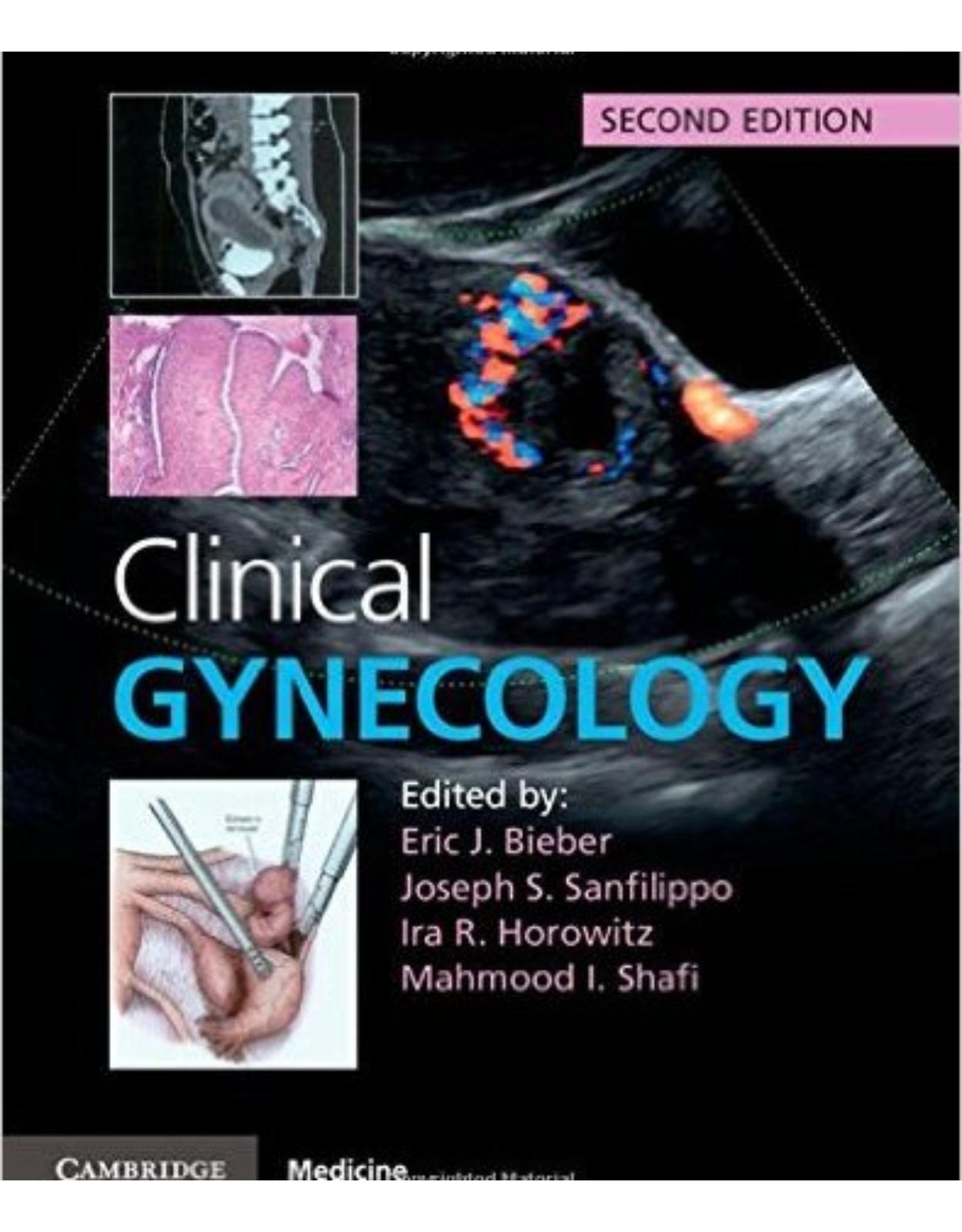
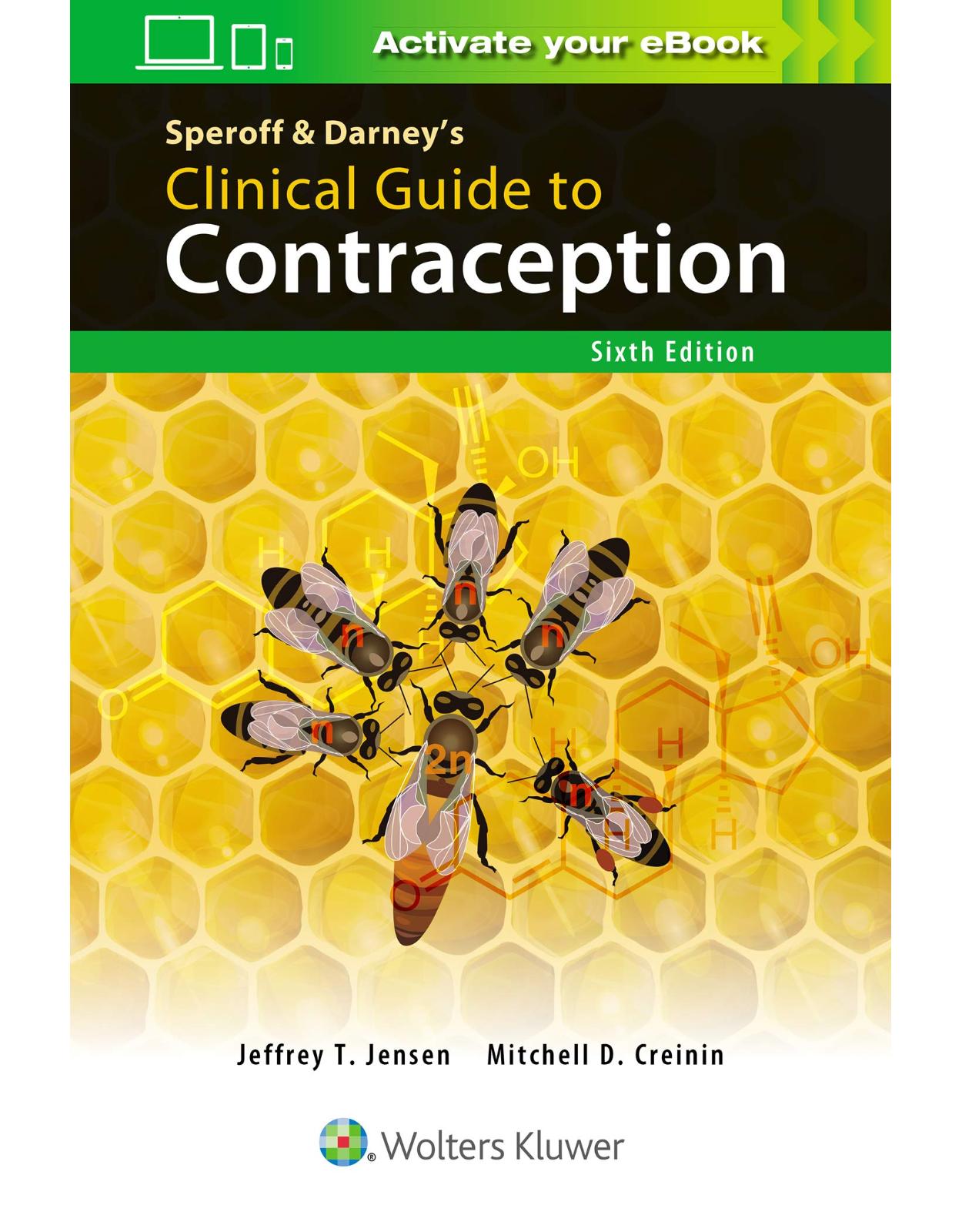
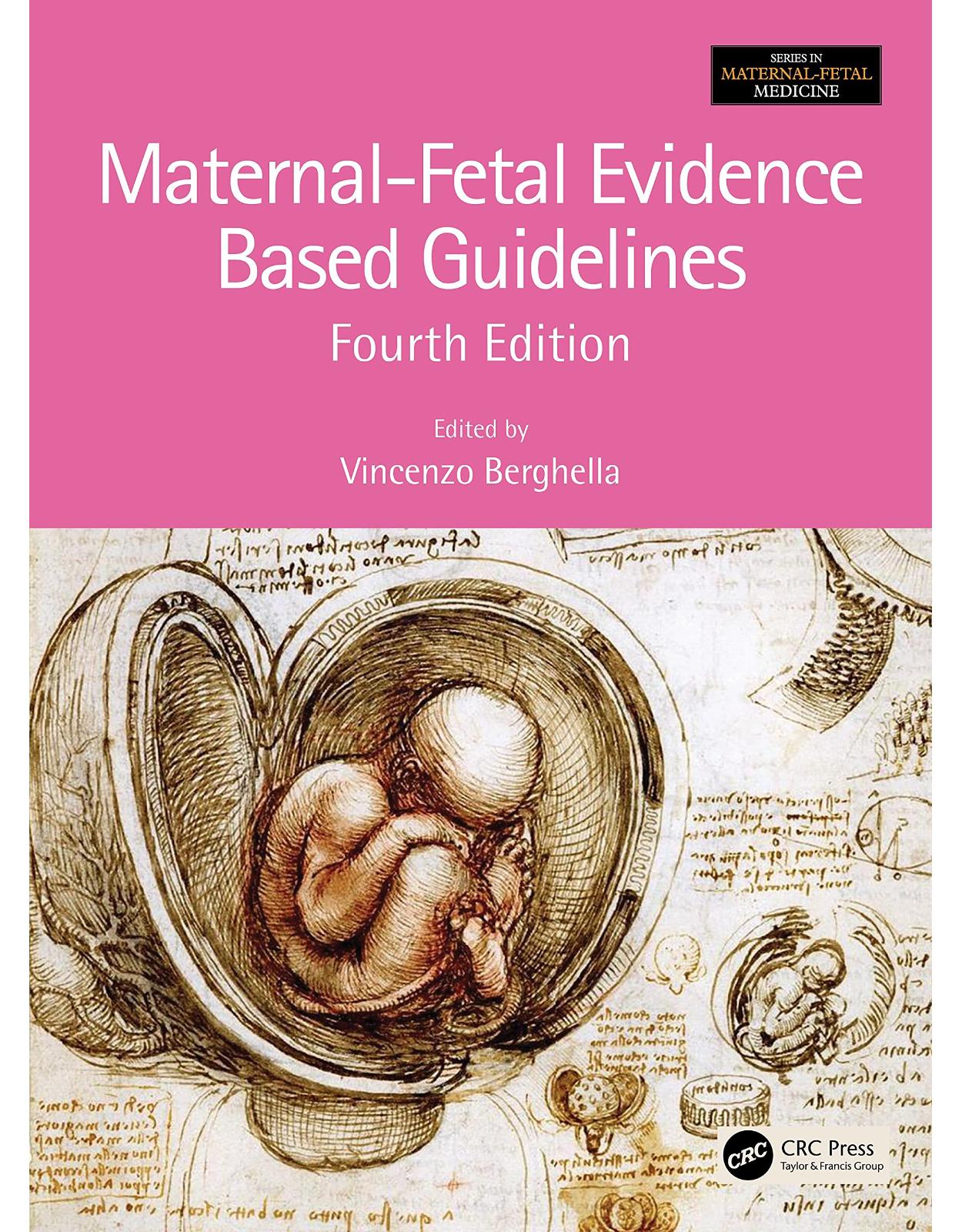
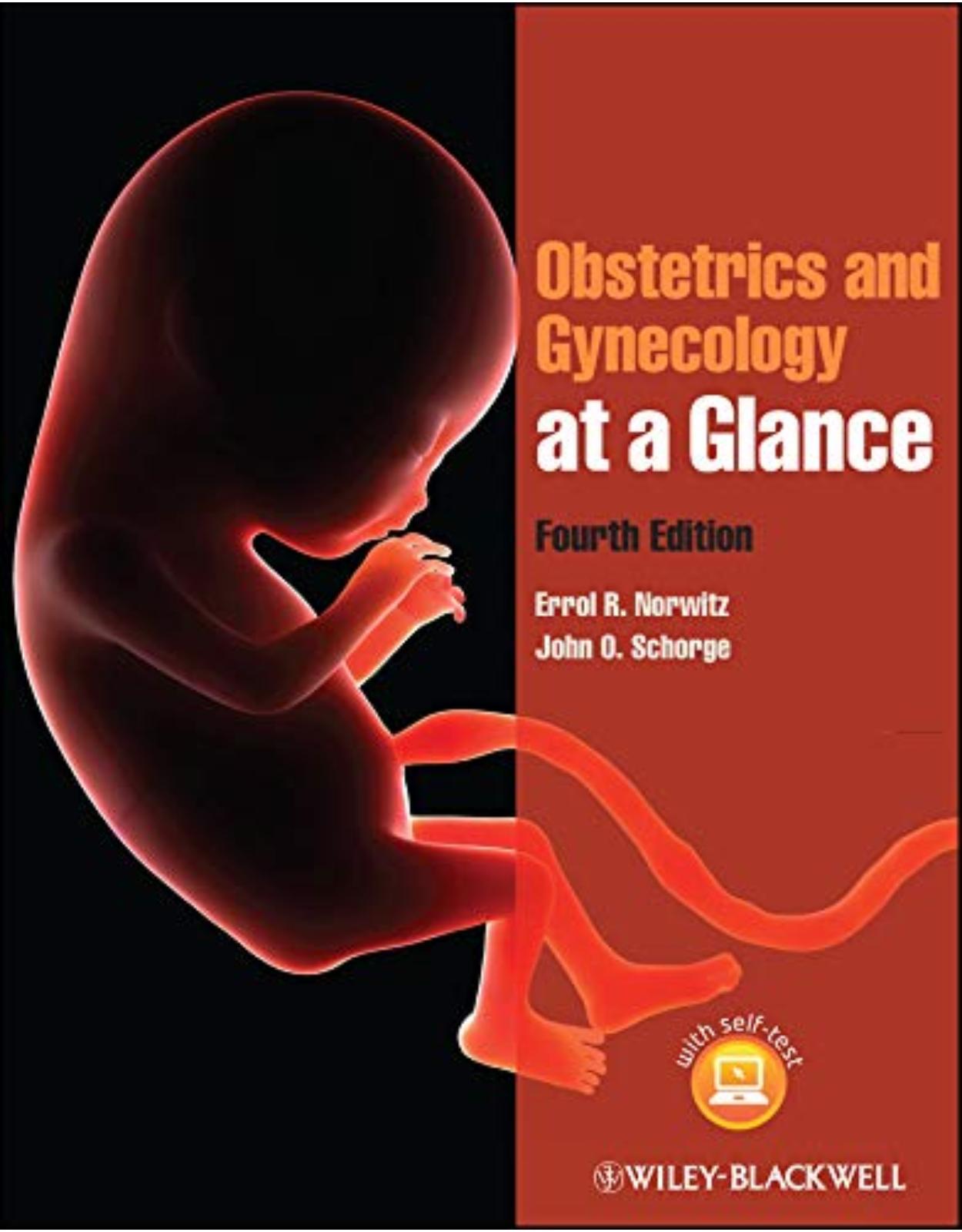

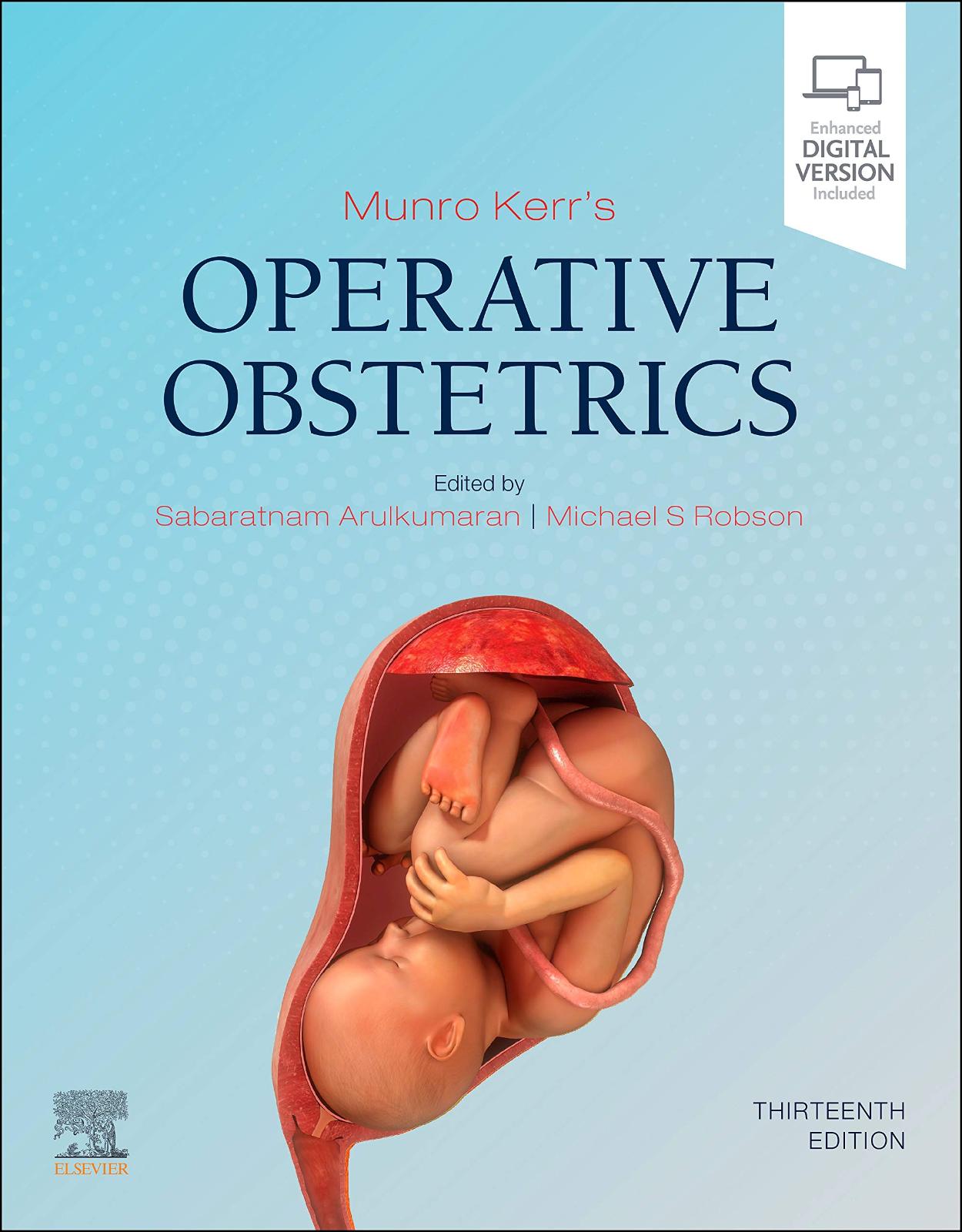
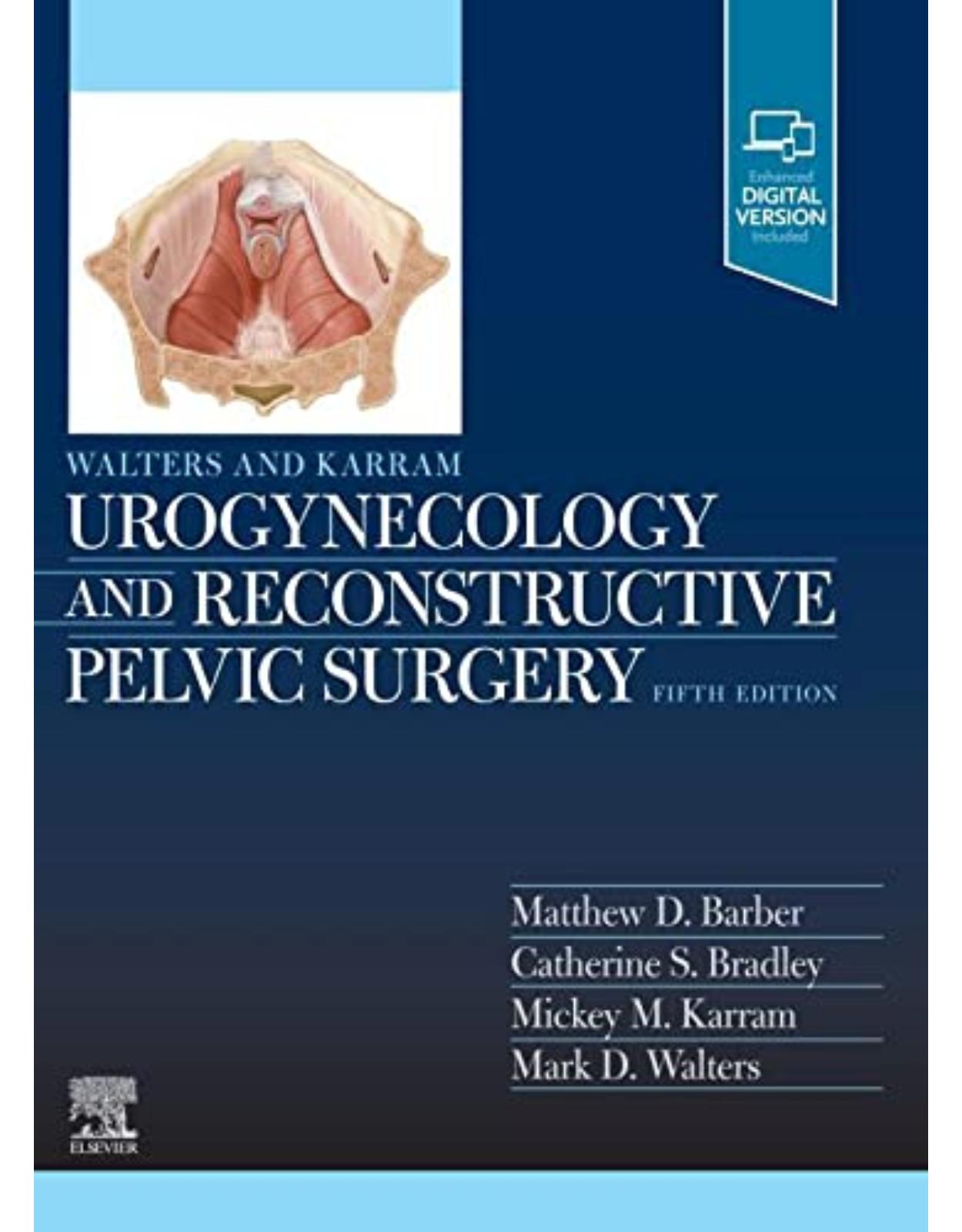
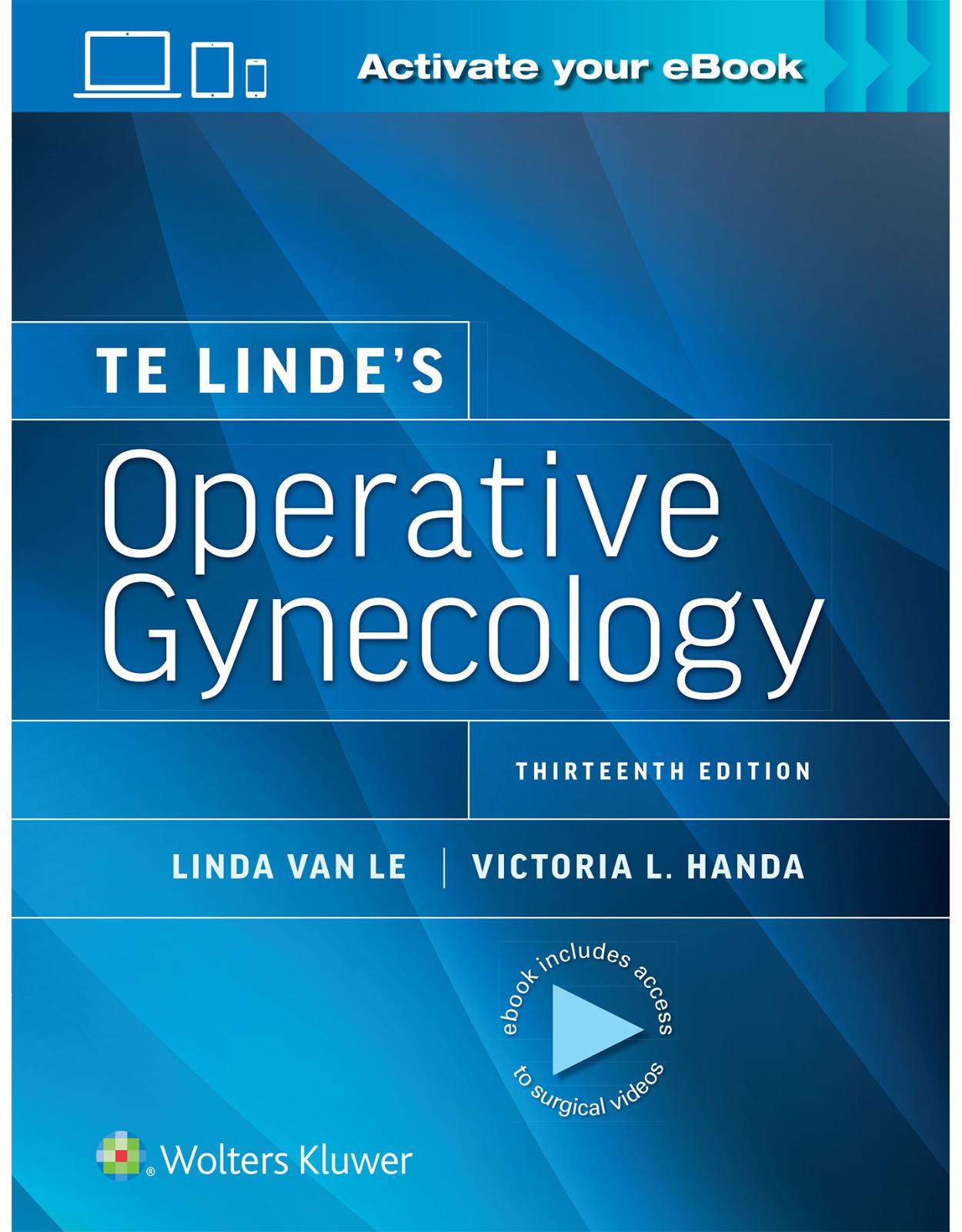
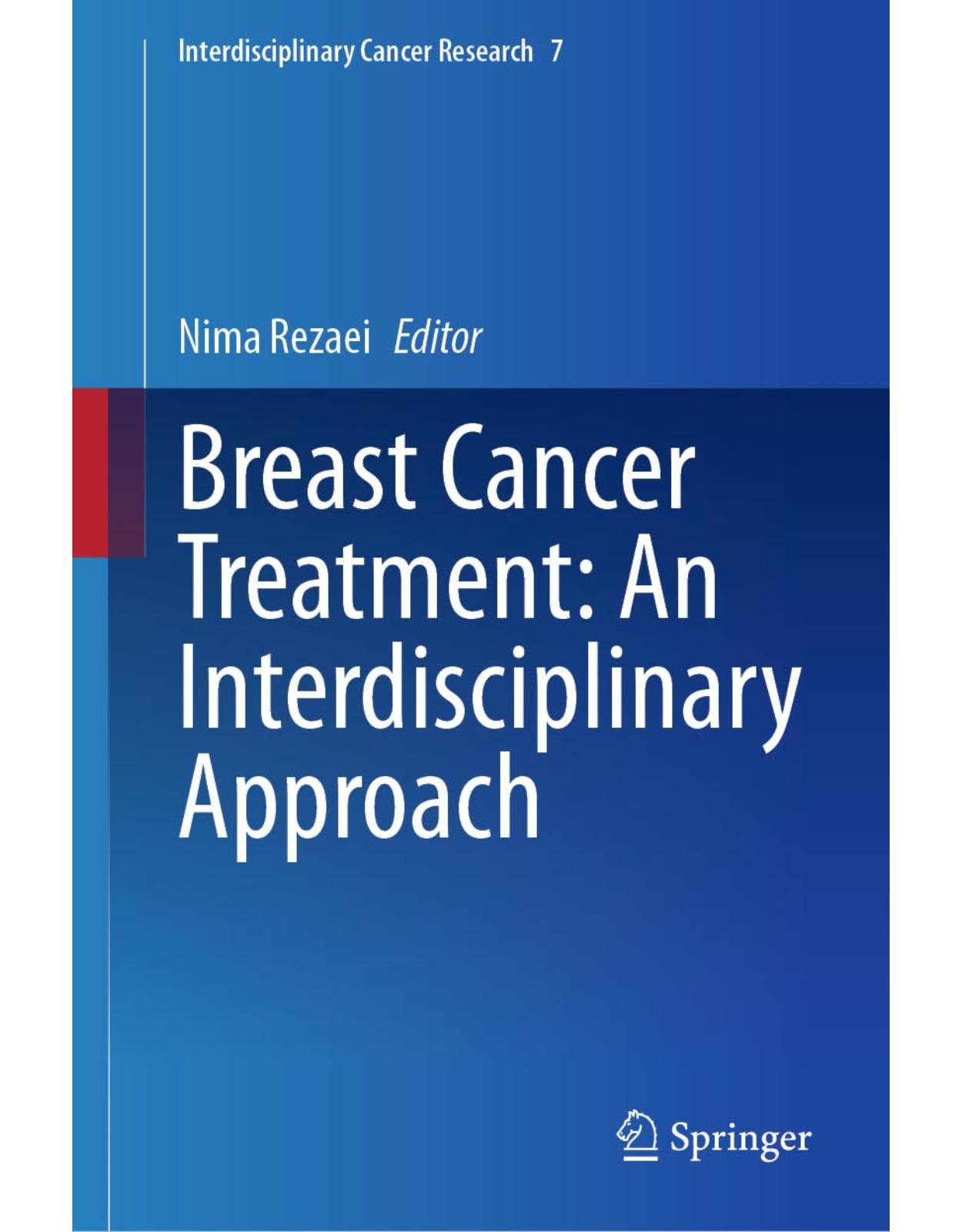


Clientii ebookshop.ro nu au adaugat inca opinii pentru acest produs. Fii primul care adauga o parere, folosind formularul de mai jos.
Ratingul general al produsului: